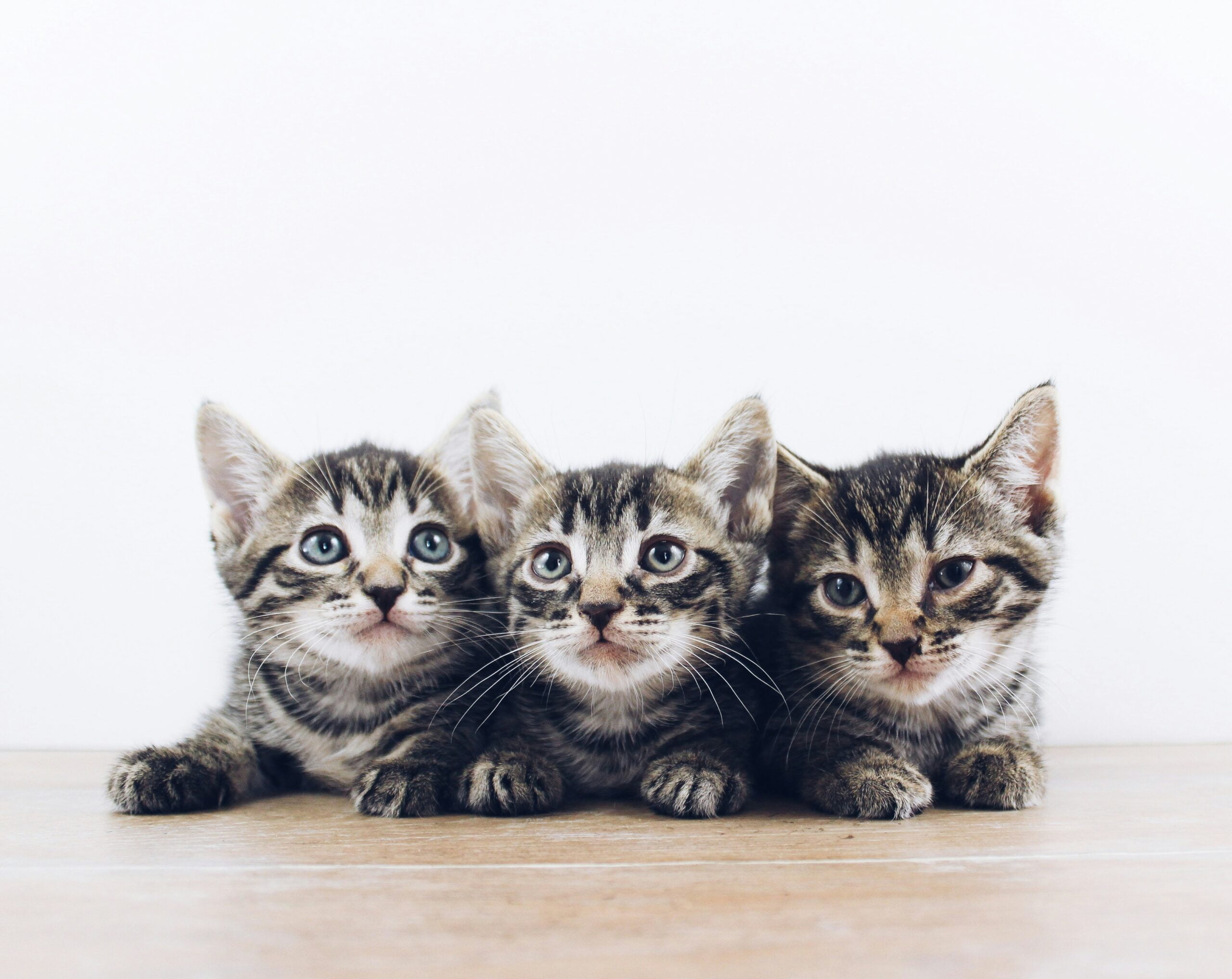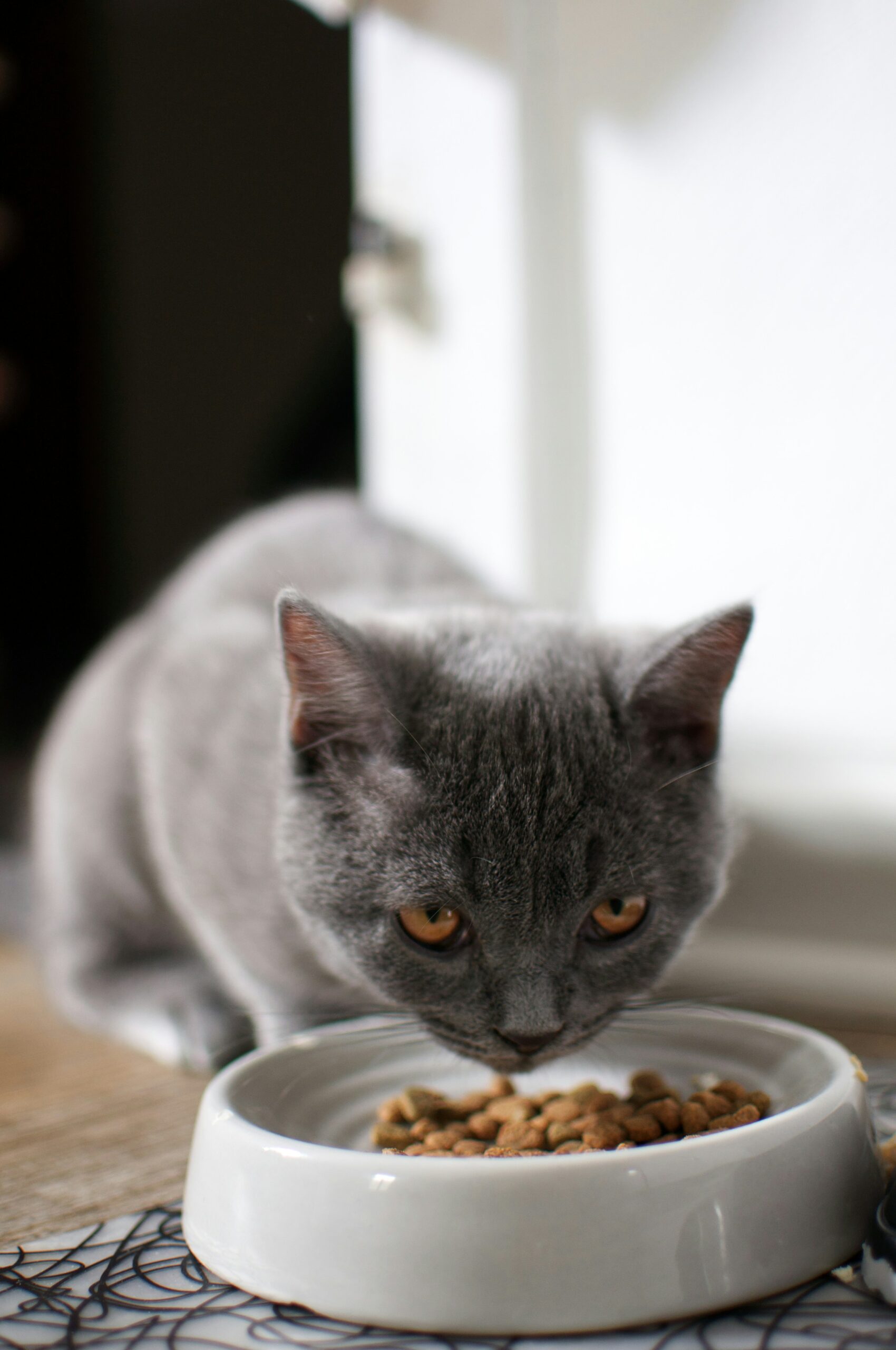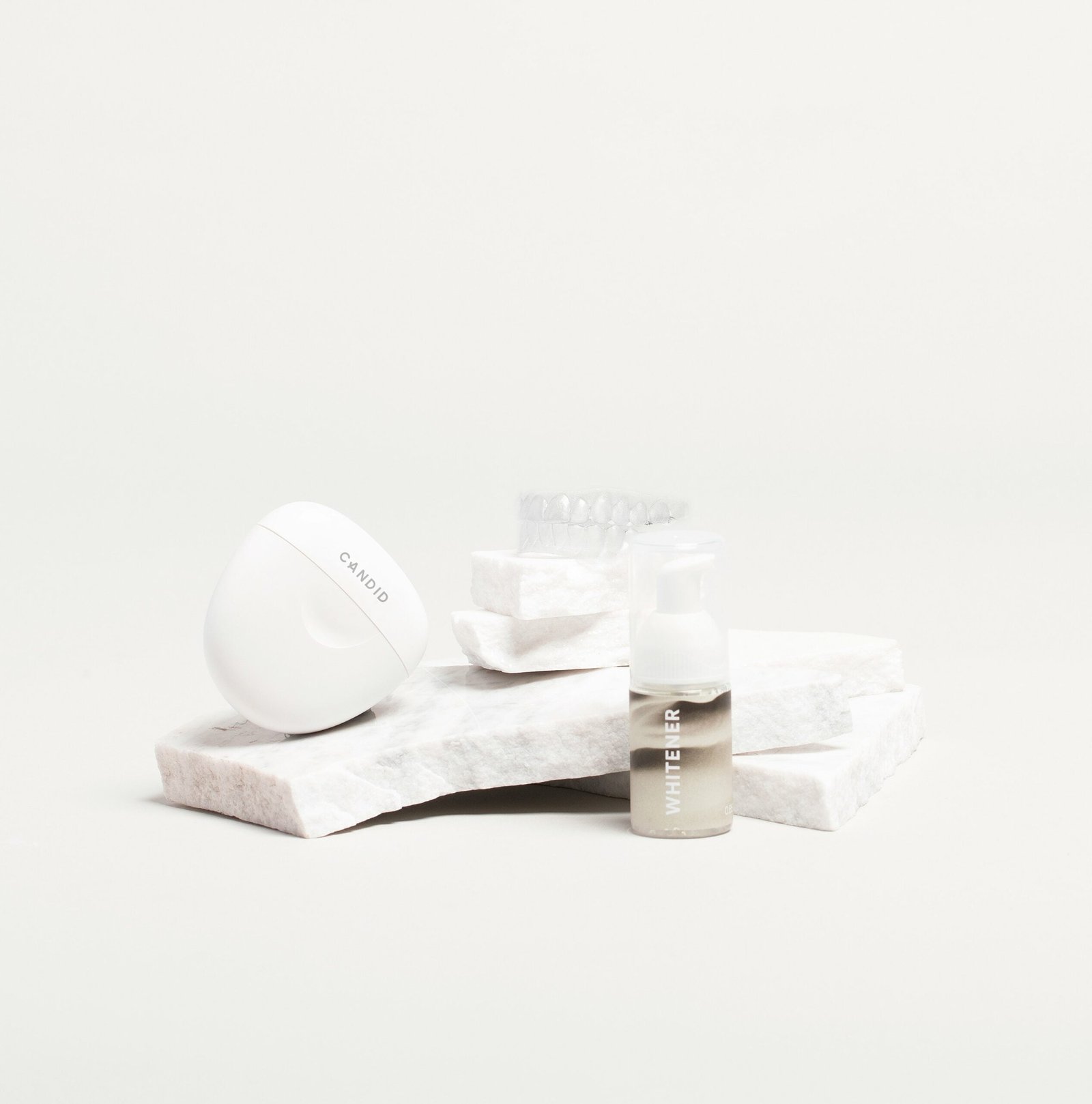
Understanding the Nutritional Needs of Kittens
Feeding your kitten the right amount of food is crucial for their growth and development. As a responsible pet owner, it’s important to provide them with a balanced diet that meets their nutritional needs. But how much should you feed your kitten? In this article, we will explore the factors that determine the appropriate amount of food for your furry friend.
Age and Weight
The age and weight of your kitten play a significant role in determining their dietary requirements. Kittens have different nutritional needs compared to adult cats due to their rapid growth and development. During the first few weeks of life, kittens rely on their mother’s milk for nourishment. However, as they start weaning and transitioning to solid food, it’s important to introduce them to a proper feeding schedule.
When it comes to feeding your kitten, it’s recommended to follow the guidelines provided by the manufacturer of the cat food you choose. These guidelines typically take into account the age and weight of your kitten and provide a recommended daily feeding amount. However, it’s important to remember that these are just general guidelines and may need to be adjusted based on your kitten’s individual needs.
Feeding Schedule
Establishing a regular feeding schedule is important for your kitten’s overall health and well-being. Kittens are typically fed more frequently than adult cats due to their smaller stomach capacity and higher energy needs. Here are some general guidelines to help you create a feeding schedule for your kitten:
- Up to 12 weeks old: 4 meals a day
- 3 to 6 months old: 3 meals a day
- 6 months to 1 year old: 2 meals a day
By following a consistent feeding schedule, you can ensure that your kitten is getting the right amount of food at the right times.
Monitoring Your Kitten’s Body Condition
While guidelines and schedules are helpful, it’s important to monitor your kitten’s body condition to ensure they are receiving the appropriate amount of food. Each kitten is unique, and their metabolism and activity levels can vary. It’s important to adjust their food intake based on their individual needs.
An easy way to monitor your kitten’s body condition is by assessing their weight and body shape. You should be able to feel their ribs without excessive padding, and they should have a visible waistline when viewed from above. If your kitten is becoming overweight or underweight, it’s important to consult with your veterinarian to determine the appropriate changes to their diet.
Choosing the Right Food
Feeding your kitten a high-quality, nutritionally balanced cat food is essential for their overall health. Look for cat food that is specifically formulated for kittens, as it will contain the necessary nutrients they need for growth and development.
When selecting cat food, it’s important to read the label and understand the ingredients. Look for a food that lists a high-quality source of protein, such as chicken or fish, as the main ingredient. Avoid foods that contain excessive fillers or artificial additives.
Additionally, it’s important to provide your kitten with access to fresh water at all times. Hydration is key to their overall well-being.
Conclusion
Feeding your kitten the right amount of food is crucial for their growth and development. By considering factors such as age, weight, feeding schedule, body condition, and choosing the right food, you can ensure that your kitten receives the appropriate nutrition. Remember to monitor their body condition and consult with your veterinarian if you have any concerns. With proper care and nutrition, your kitten will grow into a healthy and happy adult cat.






